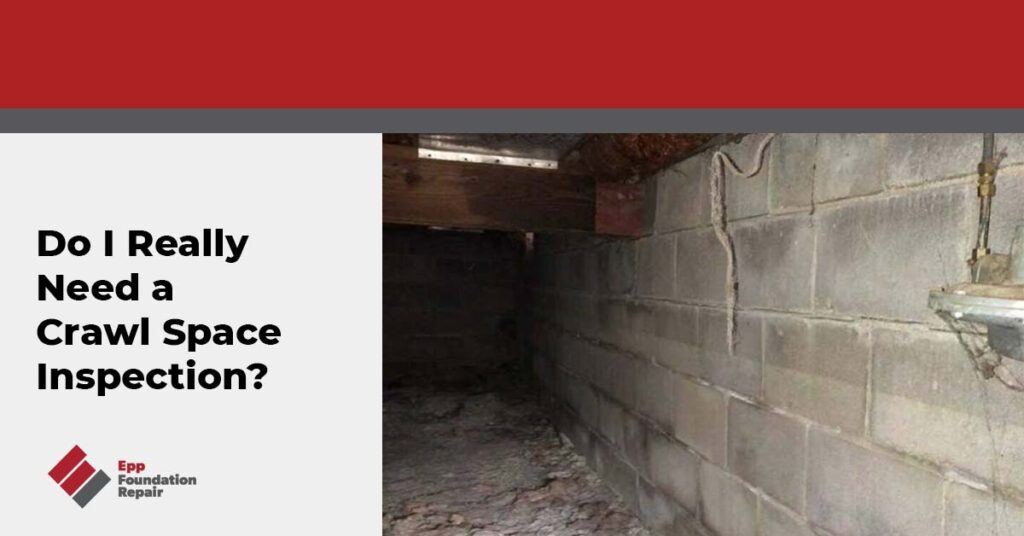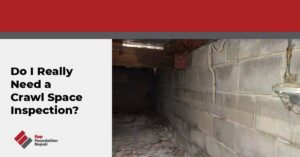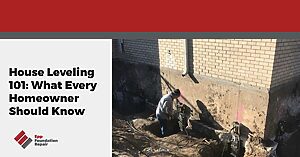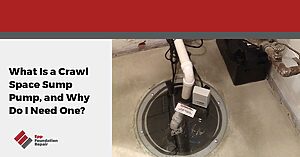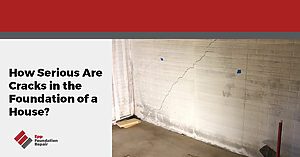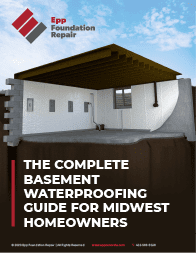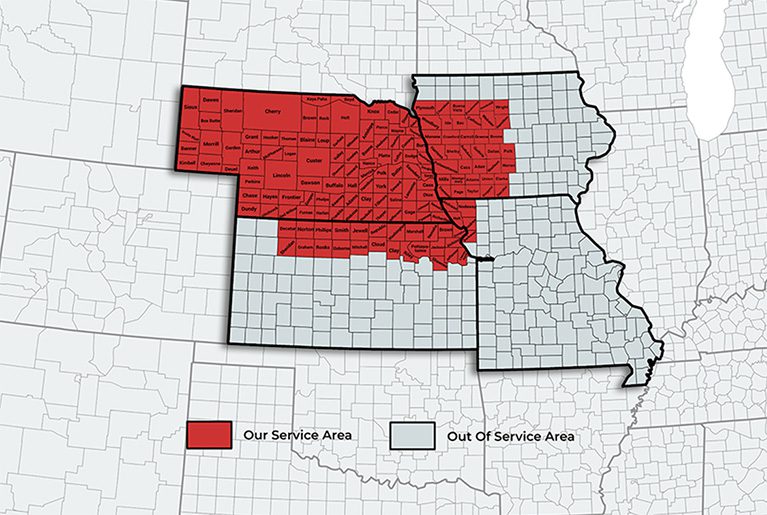Wondering if you might need a crawl space inspection? If so, stick around because that’s what we’ll discuss in this article. We’ll cover what foundation repair contractors look for during a crawl space inspection, the inspection process, whether you really need a crawl space inspection and more.
Common Crawl Space Problems
While your home’s crawl space might be out of sight, it shouldn’t be out of mind. Common crawl space problems include the following:
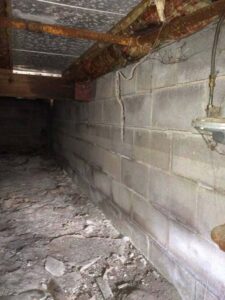
- Moisture – Moisture in a crawl space can cause a lot of problems, including wood rot leading to structural damage. Therefore, any sign of moisture should be taken seriously.
- Wood rot – This is a sign of moisture in the crawl space. Wood rot can eventually lead to structural damage because it eats away at the crawl space’s beams and joists.
- Mold – Mold is another sign of moisture in a crawl space. Mold can eventually work its way up and into your home’s living area. You might notice it growing on the baseboards or wood floors above the crawl space.
- Pest infestation – Pests like dark, damp crawlspaces. In addition to wood-eating pests, there might be spiders, rodents with dangerous droppings, and snakes in your home’s crawl space.
- Cracks in the foundation wall – Cracks in a foundation wall can allow water to seep into the crawl space, especially if the soil around the foundation contains excess moisture. For more information, see The Importance Of Proper Foundation Drainage Around Your Home.
- Wet, sagging insulation – Plumbing leaks can cause the insulation to get wet.
- Condition of the vapor barrier, if present – A vapor barrier is a piece of thick plastic placed on the crawl space floor. Its purpose is to keep moisture in the soil from entering the crawl space. If the vapor barrier covers the crawl space floor and walls, it’s called crawl space encapsulation. For more information, see, Is Crawl Space Encapsulation Worth It? Yes!
- Presence of plumbing leaks – Plumbing leaks are another source of crawl space moisture.
- Problems with support piers, beams, joists, etc. – This might include wood rot, settlement issues, or something else.
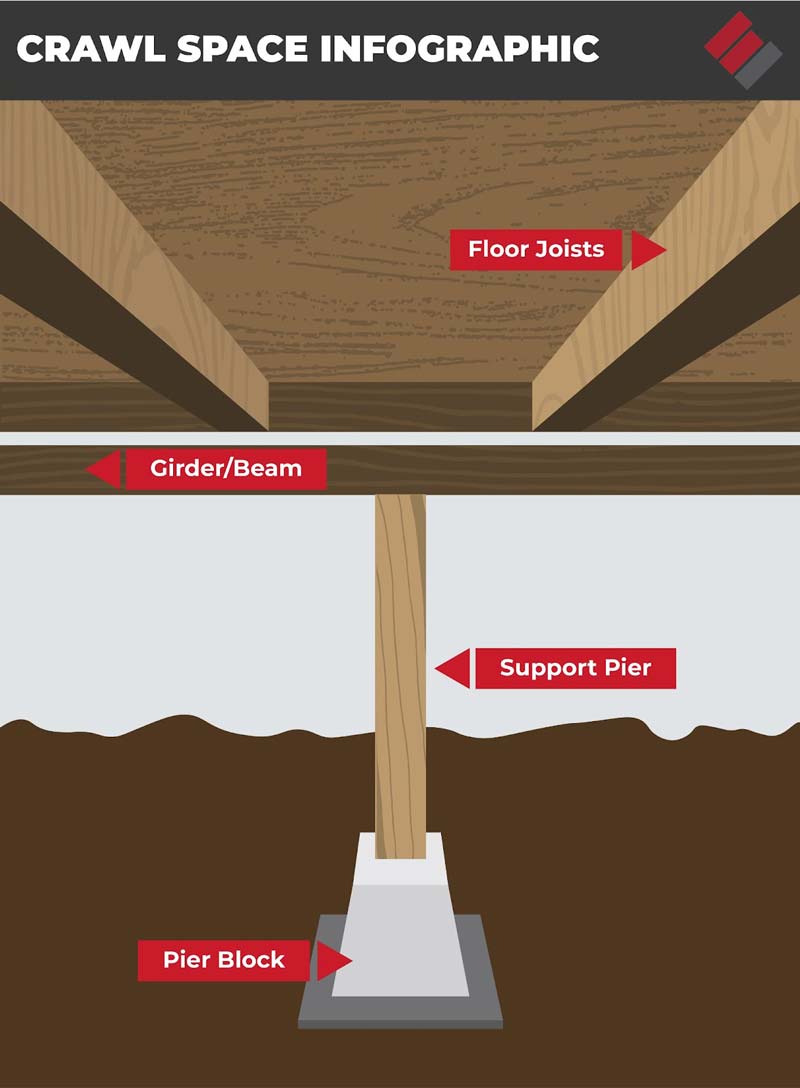
What Do Foundation Repair Contractors Look For During a Crawl Space Inspection?
During a crawl space inspection, the foundation repair contractor will inspect the area to see if they can spot any common crawl space problems.
The person inspecting the crawl space will wear protective gear, including a respirator. The respirator is necessary because crawl spaces can contain rodent droppings. Inhaling dust from droppings infected with hantavirus could lead to severe respiratory issues and even death. This is one reason we advise homeowners to avoid DIY fixes and let the professionals handle crawl space problems.
The crawl space inspector will look to see if there’s any mold in the crawl space. The mold might be on the wooden structures in the crawl space or somewhere else. The presence of mold indicates there’s a high level of moisture in the crawl space. Crawl space mold is a problem because some of the crawl space air flows into the home’s living area via the stack effect. If the air in the crawl space is full of mold spores, the air inside your home will also contain mold spores. This could cause allergies and respiratory problems for anyone living in the house.
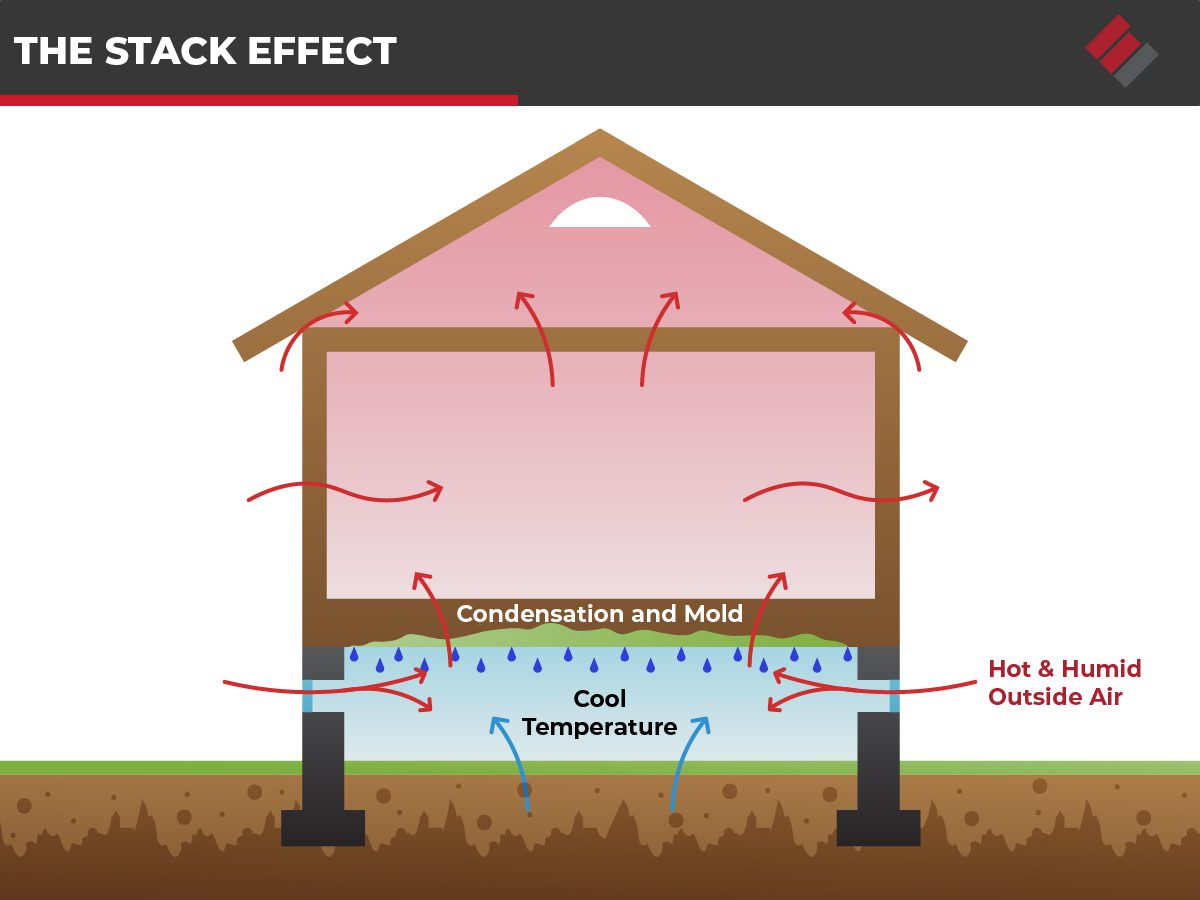
The inspector will also examine the wooden structures in the crawl space to see if there’s any damage. Have the piers settled? Is there any visible wood rot?
The foundation walls will also be inspected to see if they bow inward or contain cracks. Foundation walls can start to bow inward and even crack when hydrostatic pressure – caused by excess moisture – builds up in the soil around the foundation.
If there’s any standing water in the crawl space, that will also be noted. The inspector will also try to determine the source of the water. Is the water coming through a foundation wall, from the ground due to a high water table, from a leaking pipe, or from somewhere else?
Even if there isn’t any standing water in the crawl space, the crawl space floor might be damp. While soil does contain moisture, soil that’s damper than usual indicates a problem. What’s the source of the excess water in the soil?
The person performing the crawl space inspection will note if the crawl space smell musty. A musty smell indicates the presence of mold, and that means there’s excess moisture coming from somewhere. Does the home also smell musty?
The inspector will also look for signs of pest infestation. For example, damage from termites or other pests, such as rodents that leave droppings behind. Have any holes been dug in the ground? Are there any bite marks on the wood structures in the crawl space?
Do I Really Need a Crawl Space Inspection?
For many homeowners, crawl spaces are out of mind because they’re out of sight. However, as we’ve seen, a neglected crawl space can cause many problems, both to the house’s structural integrity and the residents’ health. The only way to know if your home’s crawl space has a problem is to get a crawl space inspection.
Why Not Do DIY Crawl Space Inspection?
We recommend against homeowners performing their own crawl space inspection. Crawl spaces can be dangerous places. There’s a possibility of coming into contact with airborne mold spores, hazardous rodent droppings, sharp items, snakes, spiders, scorpions, asbestos, etc. We strongly advise homeowners to let a professional perform the crawl space inspection.
If you insist on entering the crawl space yourself, make sure you’re wearing protective gear, including a respirator.
If you think the crawl space under your house might need a crawl space inspection and you’re in our service area in Nebraska, Iowa, Kansas, and Missouri, contact us today for a crawl space inspection. If we find any problems, we’ll give you a repair estimate. We’ve been repairing crawl spaces for close to 30 years now. You’ll be in good hands.

